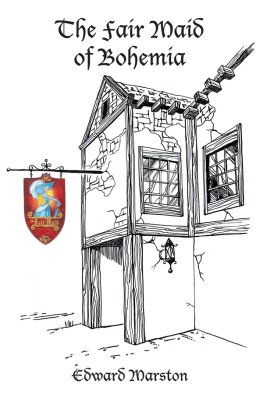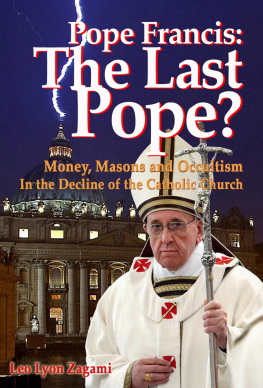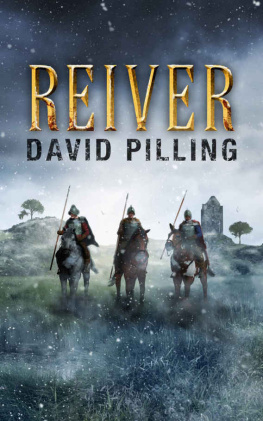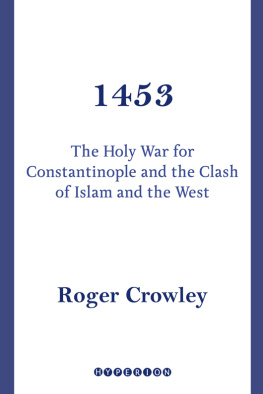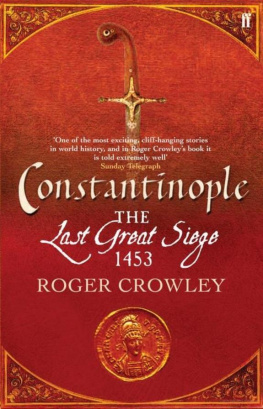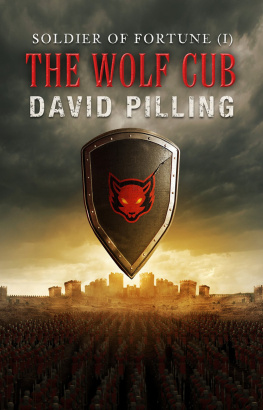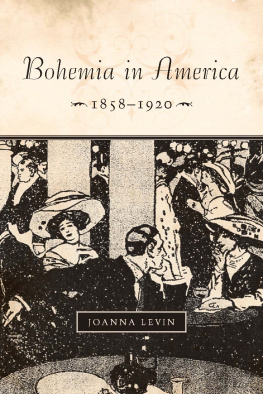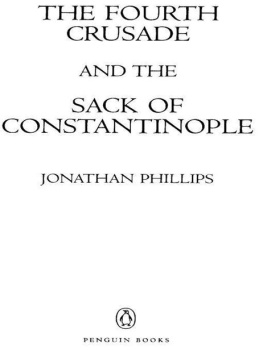SOLDIER OF FORTUNE (II): THE HERETIC
By David Pilling
Copyright David Pilling 2016
More Books by David Pilling
Soldier of Fortune (I): The Wolf Cub
Folvilles Law (I): Invasion
Leader of Battles (I): Ambrosius
Leader of Battles (II): Artorius
Leader of Battles (III): Gwenhwyfar
Leader of Battles (IV): Drystan
The White Hawk (I): Revenge
The White Hawk (II): Loyalty
The White Hawk (III): Sacrifice
Caesars Sword (I): The Red Death
Caesars Sword (II): Siege of Rome
Caesars Sword (III): Flame of the West
Robin Hood (I)
Robin Hood (II): The Wrath of God
Robin Hood (III): The Hooded Man
Robin Hood (IV): The Kings Pardon
The Half-Hanged Man
The Best Weapon (with Martin Bolton)
Sorrow (with Martin Bolton)
Follow David at his blogs at:
www.pillingswritingcorner.blogspot.co.uk
Or contact him direct at:
Glossary
Chevauche - An organised system of plundering and devastating enemy territory
Destrier - Medieval warhorse, ridden by knights and men-at-arms
Hons - Bohemian unit of measurement (about 125 steps)
Howitzer - Type of field gun, first used by the Hussites
Pavise - A large convex shield used to protect the entire body
Rouncy - a common, all-purpose horse used by poorer soldiers, and as packhorses
Routier - French term for a mercenary soldier
Sallet - type of military helmet
Sipahi - Freeborn Turkish cavalry, split into feudal and household troops
Springald - A device for hurling large bolts, and less often stones and Greek Fire
Tulwar - Type of Turkish sword, usually with a curved blade
Constantinople, 1453
Sir John Page stood before the window of his prison and gazed at the dark waters of the Bosphorus as they slid past, some twenty feet below.
The words of an old song rose unbidden in his memory:
Ye who are God's warriors and of his law,
Pray to God for help and have faith in Him;
That always with Him you will be victorious...
He was interrupted by the voices of the muezzins. The eerie call to prayer swept through the streets of Constantinople five times a day, summoning the faithful to worship.
Constantinople, city of the Roman Emperors and cradle of Eastern Christianity for a thousand years, belonged to Islam now. The city had fallen into the hands of the Turkish Sultan, Mehmed the Conqueror, and the last Emperor vanished under the blades and clubs of Mehmeds janissaries.
Page closed his eyes and let the weird, ululating chant wash over him. He would never admit it, at least in the company of fellow Christians, but he drew comfort from the Muslim call to prayer. There was a mesmerising, almost trance-like quality to it. He took similar comfort from the voices of Christian monks raised in plainchant.
Perhaps the truth of God lies in sound, he reflected, rather than the words we shape with it.
Dogs of Mahomet, shouted his companion, will they never quit their wailing?
Page turned to look at George Phrantzes. He was not easily moved to pity, but it was impossible not to feel a shred of compassion for the former imperial courtier and friend to the late Emperor.
Phrantzes had lost a deal of weight during the weeks of imprisonment. The strain of knowing their lives rested on the edge of a tulwar - that the Sultan only kept his prisoners alive so long as they amused him - had taken its toll. Added to this unbearable tension was the knowledge that Phrantzes wife and children had been sold into slavery, and even now were probably being used as playthings by some rich Turk.
He sat with with his elbows resting on the chambers single table, staring miserably at the blank parchment laid on the board. More blank leaves of parchment lay in a neat pile beside it.
Phrantzes task was to write down the tales that Page dictated. They were drawn from Pages military career in France, Bohemia and Italy, and each had to be completed inside three days and nights. At the end of that time, a Sipahi officer took them to the Sultan.
The tales were read out to Mehmed during his leisure hours. He had enjoyed the first cycle enough to spare the lives of his helpless captives. Now they had to produce another to save their necks from the executioners blade.
Tell me, Phrantzes, asked Page, have you ever seen men so drunk on God they had no real fear of death?
Yes, replied the other man, wiping his bloodshot eyes. During the siege I saw the Sultans accursed janissaries crawl towards our lines even with their legs blown away and bodies riddled with bullets. The power of faith can make gods of men, if only for a little while.
He blinked owlishly at Page. Why did you ask?
Because I, too, have seen such holy warriors. I marched and fought alongside them. Shared their rituals. Slew their enemies.
Page turned back to the window. Only a touch of mental effort was needed to recall the Hussite banner of the golden chalice, flying over countless shattered battlefields; the boom of gunfire over the hills at Kutna Hora; the screams of German trumpets as they sounded the retreat; the shrieks of burning heretics.
The screams melded into the high-pitched wail of a newborn infant. Page once again looked into his baby son's eyes. Those eyes, in later years, would be full of rage and suspicion as they looked upon their father. At this moment they were pure, blue and full of innocence.
He shook away the memory. It was useless to dwell on past mistakes.
Warriors of God, he went on, I saw a rabble of peasants, including women and boys, with barely a helm or a mail corselet between them, shatter the finest armies in Christendom. Faith, as you say, can make gods of us.
Phrantzes took up his quill. Ive heard you mention them before, he said, I also know the words of that old song you recited. You speak of the followers of the Bohemian heretic, Jan Hus.
Page smiled. You call him a heretic. Perhaps you're right. Perhaps the Roman priests were right to declare him the enemy of God. If so all those fought in his name, myself included, are heretics too. Our souls are damned.
Though I hope not, for the Devils sake. With my old commander Zizka at their head, the Hussites would storm the gates of Hell, cast down every demonic prince, and make it a house of God. The communion in two kinds would be taken on Satans own threshold, and his benighted halls echo to the sound of Hussite songs.
Phrantzes dipped his quill in a small pot of ink and wiped away the excess. Tell me of your time with them, he said, tell me of Hus, and Zizka, and the wars in Bohemia.
Page cleared his throat, fixed his gaze on the clear blue skies over Constantinople, and remembered.
After the disaster at Baug, the Company of the Wolf was reduced to just thirteen men. The survivors preferred to stay with me, their captain, rather than stay in France and risk their necks in what, at that moment, seemed a losing cause. The only English army in France had been shattered at Baug, King Harry was still in England, and the French seemed poised to sweep our scattered garrisons back into the sea.
Before us lay a long, hazardous trek to Bohemia. Only one of us, my servant Ralf, had any firm knowledge of the world beyond the eastern borders of France. A mysterious, soft-spoken Cumbrian of unfathomable depths, he claimed to have spent part of his youth travelling through Germany and Austria with a wandering troop of actors.
We passed through Munich, he told me, and spent Christmas in the beer-cellars. From there we proceeded north, to Nuremberg, where the citizens thought our play obscene, and flogged us out of the city gates. My back still carries the scars.
He smiled, as though it was a fond memory. You can speak the language, then? I asked impatiently.
Next page

